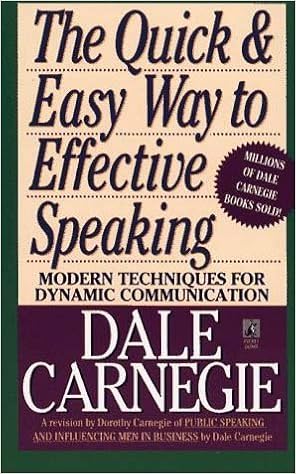A blog is an extremely versatile tool that can be used for marketing, writing, and reference.
I have maintained two blogs fairly consistently over time. I keep recipes online and periodically add to the collection at my vegetarian recipe blog,
www.EatAtHome.info. The other blog is this one,
www.PersonalChange.info. I wrote my first post in January, 2011:
Play. While my consistency in posting has waxed and waned since then, I am definitely glad I have maintained, and continue to add to, this blog.
Below are ten ways blogs can help you, regardless of your profession, interests, or goals.
1. Blogs can be a great marketing tool.
If you have a business or are selling a product, blogs are a great way to generate leads by offering education information related to your business, services, or products. Visit
RayHigdon.com for great resources of marketing with blogs. I reviewed
Ray's blogging webinar in 2014.
2. Blogs help you write regularly.
Some bloggers post every day while others post less frequently. Like every recurring activity, posting daily vs. posting once a week can make a significant difference in terms to the number of posts written by the end of a year. Since I started this blog I have experimented with various posting schedules, including taking extended breaks. Currently I try to post 3-4 times per week. This fits with my scheduled of other activities. I also use the scheduling feature of Blogger to write several posts and then schedule them over a period of weeks.
3. Blogs are flexible.
You can have a blog focused on a specific topic, and you can also use blogs as a platform for other types of writing. Nina Amir wrote a book and teaches others
how to blog a book. Instead of writing in a word processing application, a blog can be used to organize posts into chapters using hashtags. Blogging a book provides the ability to write consistently (daily, etc.) while accumulating several words and chapters over time. Blogs can be configured to be public or private, so you could write extensively without anyone else seeing your work.
4. Blogs are a good personal reference tool.
Many of the topics I use as blog posts are for my own later reference. I like to put notes on my blog, especially if there are links to books, sites, and other resources. I use the custom Google search feature regularly to find information on my blog.
5. Blog content is easily sharable.
There may be times when you want to share information on Facebook or Twitter but the information itself requires more than 140 characters or a few lines to share. By writing a blog post, you can then share the post on any social media platform, including Twitter, Google+, Facebook, LinkedIn, etc.
6. Blogs provide a hub for transmedia.
As I have written about previously,
transmedia means sharing the same content on multiple platforms. You can write a blog post and use the content to create a video, SlideShare presentation, Instragram and Tumblr images, etc.
7. Blogs can function as a basic website.
You can buy an inexpensive domain from
Google Domains,
GoDaddy, or other sources and link it to your blog, as I have done with this blog. In addition to the regular list of posts, you can also create pages with additional information.
8. Blogs can be customized.
Both Blogger and WordPress offer a variety of plug-ins, such as lists of posts, images, etc., to enhance the functionality of your blog. Additionally, you can adjust the look of your blog and layout of various elements on the page.
9. Blogs are interactive.
Unless the feature is disabled, blogs allow the ability to comment on posts. This is a great way to interact with readers who find your blog.
10. Blogs include tracking statistics.
In the back office of my blog, I can see the number of views for each blog post. Additionally, I can view the number of total views on a daily basis, and the primary sources of views.
Start today
If you don't already have a blog, today is a great day to start. You will be amazed how quickly posts will accumulate
over time. If you already have a blog, please share it in the comments below, and use this post as a reminder to review how regularly you post and what you can do to make your blog even better.





